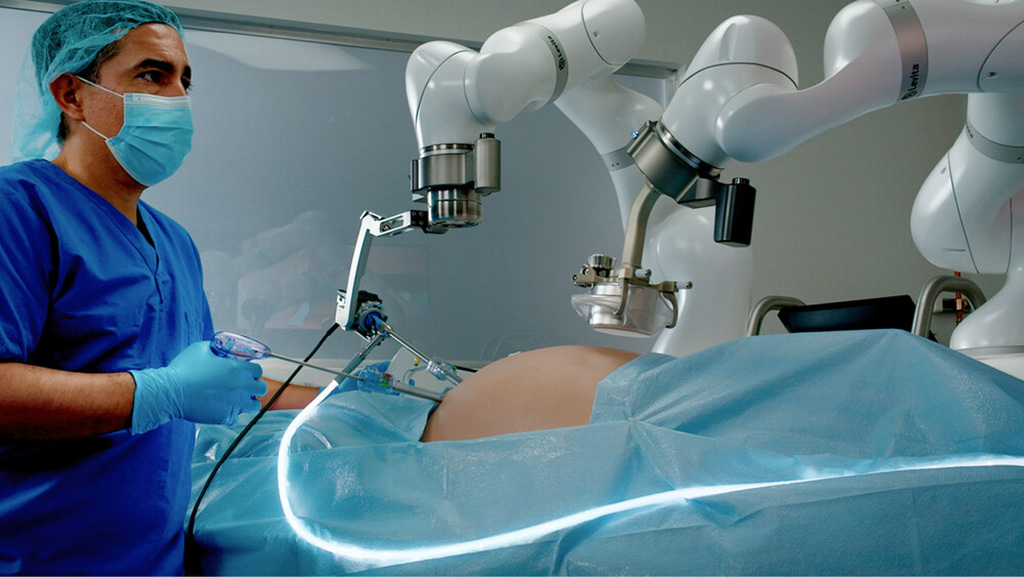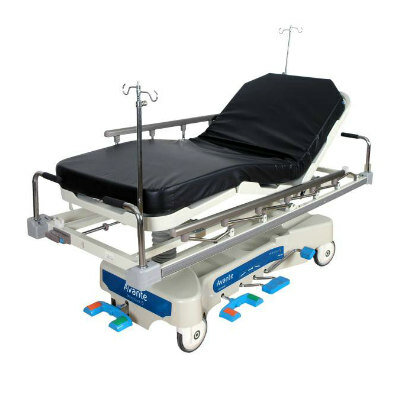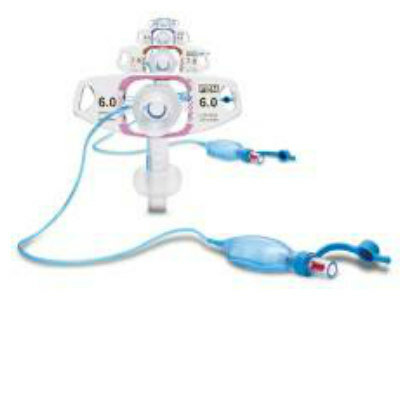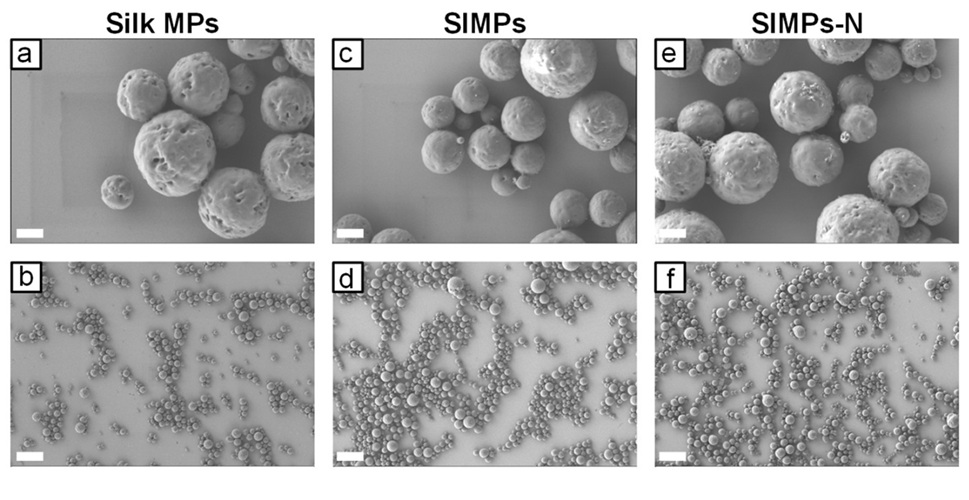First-of-Its-Kind Minimally Invasive Surgery Platform Combines Magnets and Machines 
|
By HospiMedica International staff writers Posted on 23 Aug 2023 |

Magnetic surgery represents a breakthrough aimed at enhancing the advantages of minimally invasive procedures, with prior research clearly demonstrating its clinical merits. Similarly, robotic-assisted surgery increases surgeon control over instruments, leading to reduced reliance on assistants. Now, a first-of-its-kind minimally invasive surgery platform combines magnets and machines to bring multiple benefits to patients, surgeons, and surgery centers.
The Levita MARS system from Levita Magnetics (Silicon Valley, CA, USA) is a pioneering minimally invasive surgical solution specifically designed for high-volume abdominal surgeries. MARS capitalizes on the powerful combination of magnets and machines to reduce incisions and grant surgeons complete control during laparoscopic procedures. This remarkable capability is contained in a compact footprint tailored to integrate into existing operating rooms. The MARS system builds on the successful Levita Magnetic Surgical System, offering similar patient advantages offered by magnetic surgery. Simultaneously, it empowers surgeons with increased instrument control and provides hospitals and ambulatory surgery centers (ASCs) an effective means of adopting this innovative technology.
With MARS, patients experience less invasive surgery marked by fewer incisions, translating to a reduction in discomfort, speedier recuperation, and less scarring. Surgeons reap the benefits of a surgical system that offers them complete control over both the laparoscopic view - thereby eliminating the need for an additional assistant - as well as over the Magnetic Surgical System. This enables the retraction of large tissues and organs like the liver, gallbladder, prostate, and colon. Notably, medical facilities can enhance operational efficiency, optimize utilization of operating room personnel, and offer a differentiated patient experience. Levita has received clearance from the U.S. Food and Drug Administration (FDA) for its MARS platform.
"Today marks a significant milestone in Levita's mission to provide more patients access to state-of-the-art surgical technology. MARS is poised to revolutionize surgical options for a broad range of patients," said Dr. Alberto Rodriguez-Navarro, surgeon, founder, and CEO of Levita Magnetics. "With this FDA clearance, we eagerly anticipate making a substantial impact across the value chain."
"MARS by Levita has the potential to reshape the surgical industry and forever change medical innovation. Our pioneering MARS platform gives patients and surgeons a transformative tool that will usher in a fundamental shift in surgery for years to come," said Levita Chairperson Maria Sainz. "Levita's system can aid in surgeon proficiency and efficiency, and can reduce the need for assistive personnel, signaling a major achievement not only for Levita but for surgical care."
Related Links:
Levita Magnetics
Latest Surgical Techniques News
- New Procedure Found Safe and Effective for Patients Undergoing Transcatheter Mitral Valve Replacement
- No-Touch Vein Harvesting Reduces Graft Failure Risk for Heart Bypass Patients
- DNA Origami Improves Imaging of Dense Pancreatic Tissue for Cancer Detection and Treatment
- Pioneering Sutureless Coronary Bypass Technology to Eliminate Open-Chest Procedures
- Intravascular Imaging for Guiding Stent Implantation Ensures Safer Stenting Procedures
- World's First AI Surgical Guidance Platform Allows Surgeons to Measure Success in Real-Time
- AI-Generated Synthetic Scarred Hearts Aid Atrial Fibrillation Treatment
- New Class of Bioadhesives to Connect Human Tissues to Long-Term Medical Implants
- New Transcatheter Valve Found Safe and Effective for Treating Aortic Regurgitation
- Minimally Invasive Valve Repair Reduces Hospitalizations in Severe Tricuspid Regurgitation Patients
- Tiny Robotic Tools Powered by Magnetic Fields to Enable Minimally Invasive Brain Surgery
- Magnetic Tweezers Make Robotic Surgery Safer and More Precise
- AI-Powered Surgical Planning Tool Improves Pre-Op Planning
- Novel Sensing System Restores Missing Sense of Touch in Minimally Invasive Surgery
- Headset-Based AR Navigation System Improves EVD Placement
- Higher Electrode Density Improves Epilepsy Surgery by Pinpointing Where Seizures Begin
Channels
Critical Care
view channel
AI Interpretability Tool for Photographed ECG Images Offers Pixel-Level Precision
The electrocardiogram (ECG) is a crucial diagnostic tool in modern medicine, used to detect heart conditions such as arrhythmias and structural abnormalities. Every year, millions of ECGs are performed... Read more
AI-ECG Tools Can Identify Heart Muscle Weakness in Women Before Pregnancy
Each year, some mothers die from heart-related issues after childbirth, with many of these deaths being preventable. Screening for heart weakness before pregnancy could be crucial in identifying women... Read morePatient Care
view channel
Portable Biosensor Platform to Reduce Hospital-Acquired Infections
Approximately 4 million patients in the European Union acquire healthcare-associated infections (HAIs) or nosocomial infections each year, with around 37,000 deaths directly resulting from these infections,... Read moreFirst-Of-Its-Kind Portable Germicidal Light Technology Disinfects High-Touch Clinical Surfaces in Seconds
Reducing healthcare-acquired infections (HAIs) remains a pressing issue within global healthcare systems. In the United States alone, 1.7 million patients contract HAIs annually, leading to approximately... Read more
Surgical Capacity Optimization Solution Helps Hospitals Boost OR Utilization
An innovative solution has the capability to transform surgical capacity utilization by targeting the root cause of surgical block time inefficiencies. Fujitsu Limited’s (Tokyo, Japan) Surgical Capacity... Read more
Game-Changing Innovation in Surgical Instrument Sterilization Significantly Improves OR Throughput
A groundbreaking innovation enables hospitals to significantly improve instrument processing time and throughput in operating rooms (ORs) and sterile processing departments. Turbett Surgical, Inc.... Read moreHealth IT
view channel
Printable Molecule-Selective Nanoparticles Enable Mass Production of Wearable Biosensors
The future of medicine is likely to focus on the personalization of healthcare—understanding exactly what an individual requires and delivering the appropriate combination of nutrients, metabolites, and... Read more
Smartwatches Could Detect Congestive Heart Failure
Diagnosing congestive heart failure (CHF) typically requires expensive and time-consuming imaging techniques like echocardiography, also known as cardiac ultrasound. Previously, detecting CHF by analyzing... Read moreBusiness
view channel
Expanded Collaboration to Transform OR Technology Through AI and Automation
The expansion of an existing collaboration between three leading companies aims to develop artificial intelligence (AI)-driven solutions for smart operating rooms with sophisticated monitoring and automation.... Read more

















